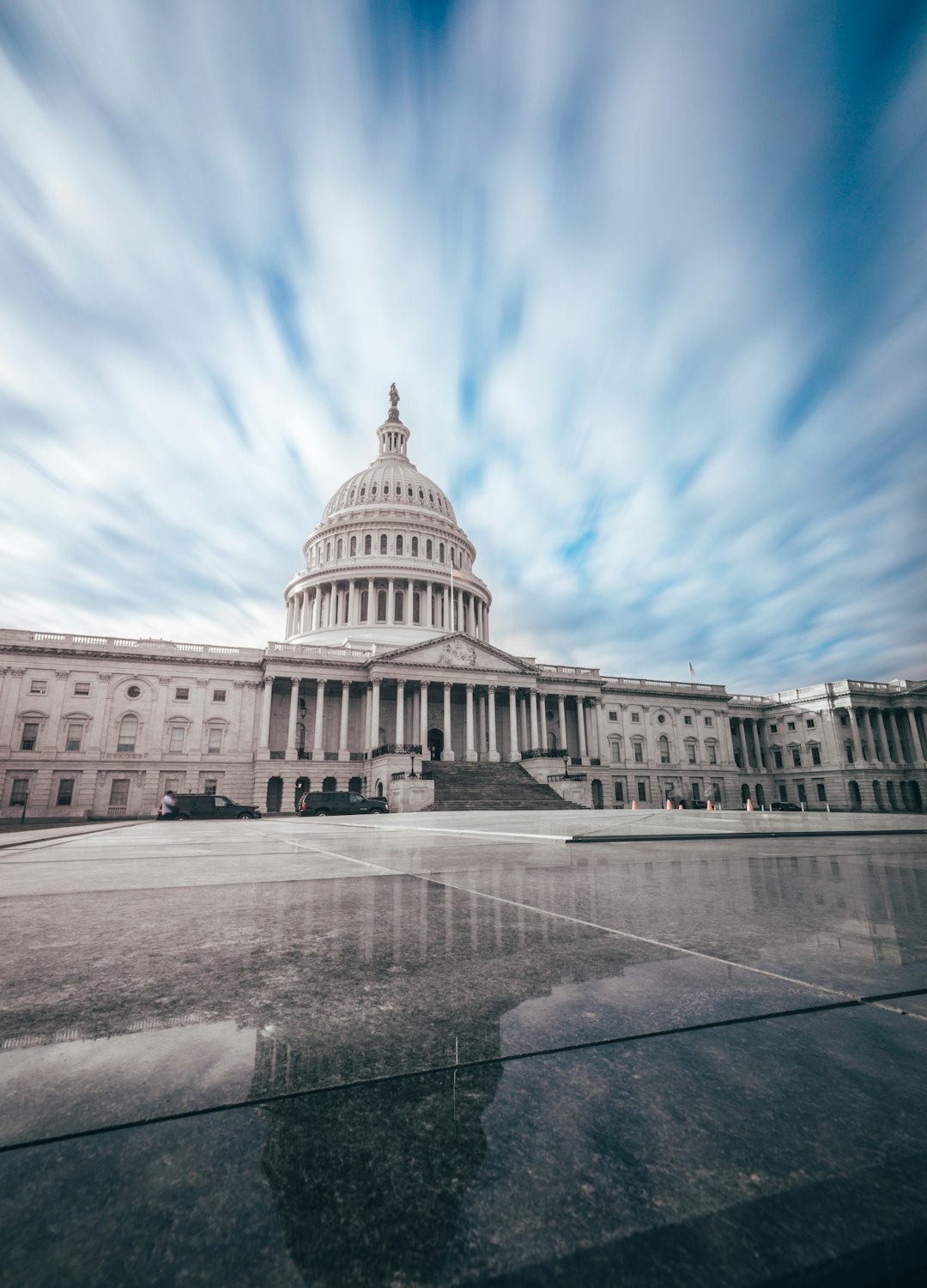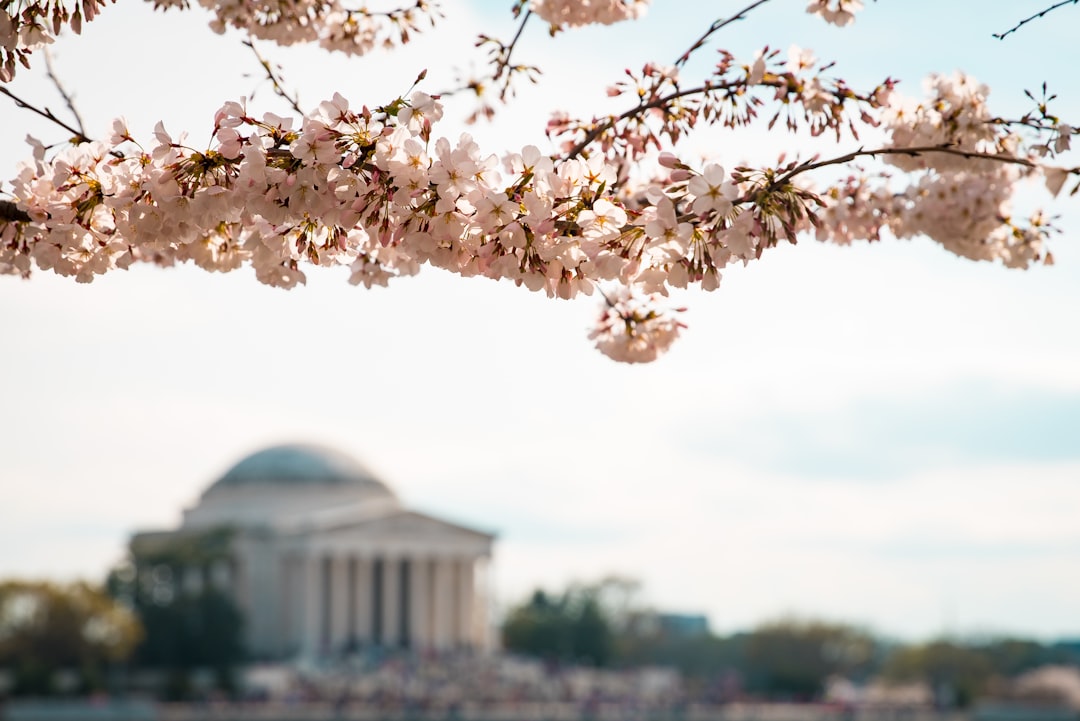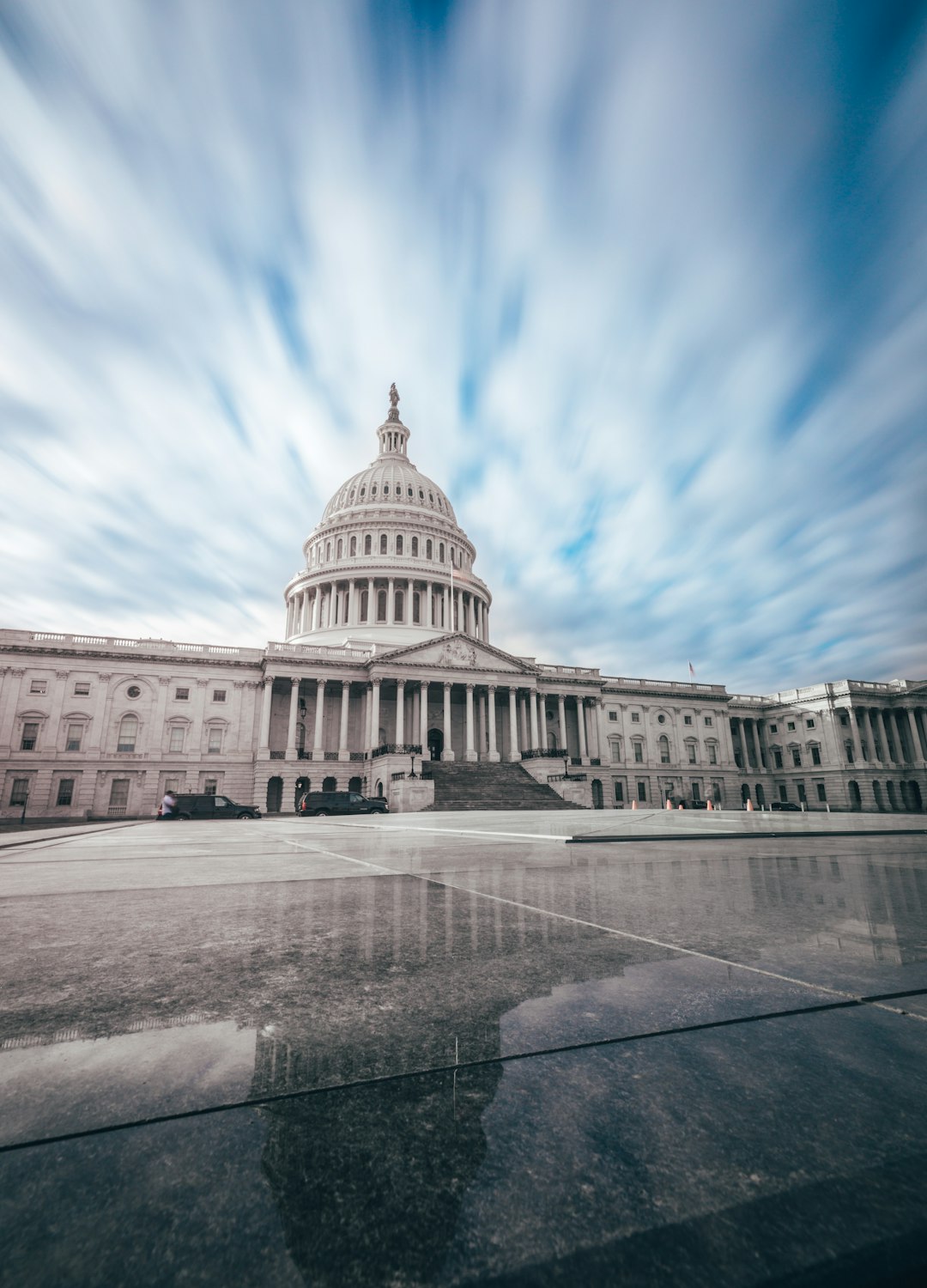Spam call lawyers in Washington state play a crucial role in educating residents and guiding collective action against intrusive telemarketing. Community meetings, with clear goals, diverse attendance, and expert participation, are vital for raising awareness, discussing initiatives, and fostering solidarity. Workshops and online forums empower neighbors to protect themselves through legal remedies and technological solutions, leading to stricter anti-spam laws and community empowerment. After productive gatherings, agreed-upon resolutions and task assignments enhance collective efforts, with long-term benefits from privacy and security education.
Tired of relentless spam calls? You’re not alone. In today’s digital age, communities across Washington are grappling with this growing nuisance. This article equips you with the tools to take action. We explore the legal perspective on spam calls and offer strategic guidance for organizing effective community meetings. Learn how to build awareness, gain neighbor support, and develop actionable plans for resolving this persistent issue together. Get ready to reclaim your peace and quiet.
Understanding Spam Calls: Legal Perspective

Spam calls, or unsolicited telephone marketing calls, are regulated by federal and state laws, including the Telephone Consumer Protection Act (TCPA) in the United States. These laws aim to protect consumers from intrusive and unwanted communications. In Washington state, there are specific regulations that further reinforce these rights. Understanding these legal perspectives is crucial for organizing community meetings aimed at addressing spam call issues.
Community members may not be aware of their rights or the legal avenues available against spam call perpetrators. Spam call lawyers in Washington can play a vital role by educating residents about their protections under the TCPA and state-specific laws, such as the Washington Consumer Protection Act. These professionals can also guide community leaders on how to navigate legal strategies when organizing collective action against spam callers, ensuring that any responses are compliant and effective.
Organizing Community Meetings: Effective Strategies

Organizing community meetings is a powerful strategy to address the growing concern of spam calls, especially in densely populated areas like Washington, where residents often face relentless telemarketing. Engaging the community directly empowers individuals to take collective action against this nuisance. To make these meetings effective, start by defining clear objectives and agendas. Promote attendance through various channels, ensuring diverse representation from different age groups and backgrounds.
Encourage open dialogue and active participation by creating a safe space for residents to share their experiences and ideas. Invite local authorities, spam call lawyers Washington, and industry experts to provide insights and educate attendees on legal options and technological advancements aimed at curbing spam calls. Facilitate discussions on community-led initiatives and collaborative solutions to foster a sense of shared responsibility and empowerment.
Engaging Neighbors: Building Awareness & Support

Engaging your neighbors is a crucial step in combating spam calls, as it builds awareness and fosters support within the community. Start by organizing informational sessions or workshops to educate residents about the impact of spam calls and available legal remedies, including options provided by spam call lawyers Washington has to offer. Encourage open dialogue and collective problem-solving; this could involve brainstorming strategies to minimize unwanted calls or sharing successful methods used in other neighborhoods.
Building a sense of community solidarity can empower residents to take collective action against spam callers. Consider creating a dedicated group chat or online forum where neighbors can share experiences, report suspicious calls, and offer mutual support. By engaging actively with your community, you create a powerful network that can collectively advocate for more stringent anti-spam call laws and ensure better protection for all residents in Washington.
Action Plan: Resolutions & Next Steps for Residents

After a productive community meeting, it’s crucial to outline a clear action plan. The first step is to compile a list of resolutions agreed upon by residents, focusing on specific strategies to combat spam calls. This might include blocking numbers, enrolling in Do Not Call registries, or even considering legal actions with the help of spam call lawyers Washington.
Next, it’s essential to assign tasks and set deadlines for each next step. Residents can take turns monitoring and documenting spam call incidents, which will be useful for any future legal proceedings. Additionally, organizing educational workshops on privacy and security measures can empower folks to protect themselves from such disturbances in the long term.






